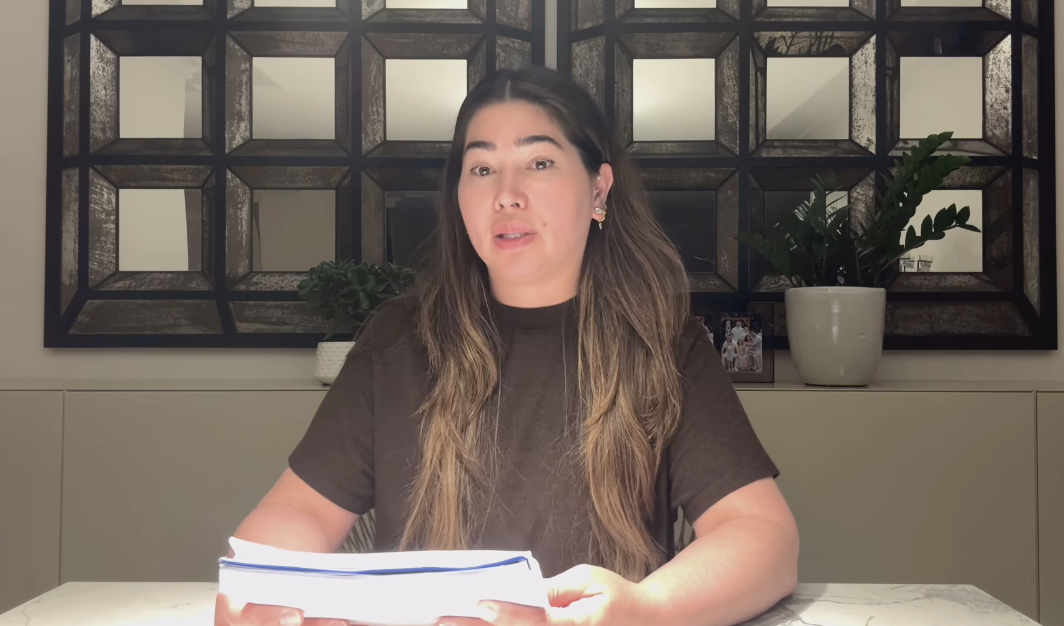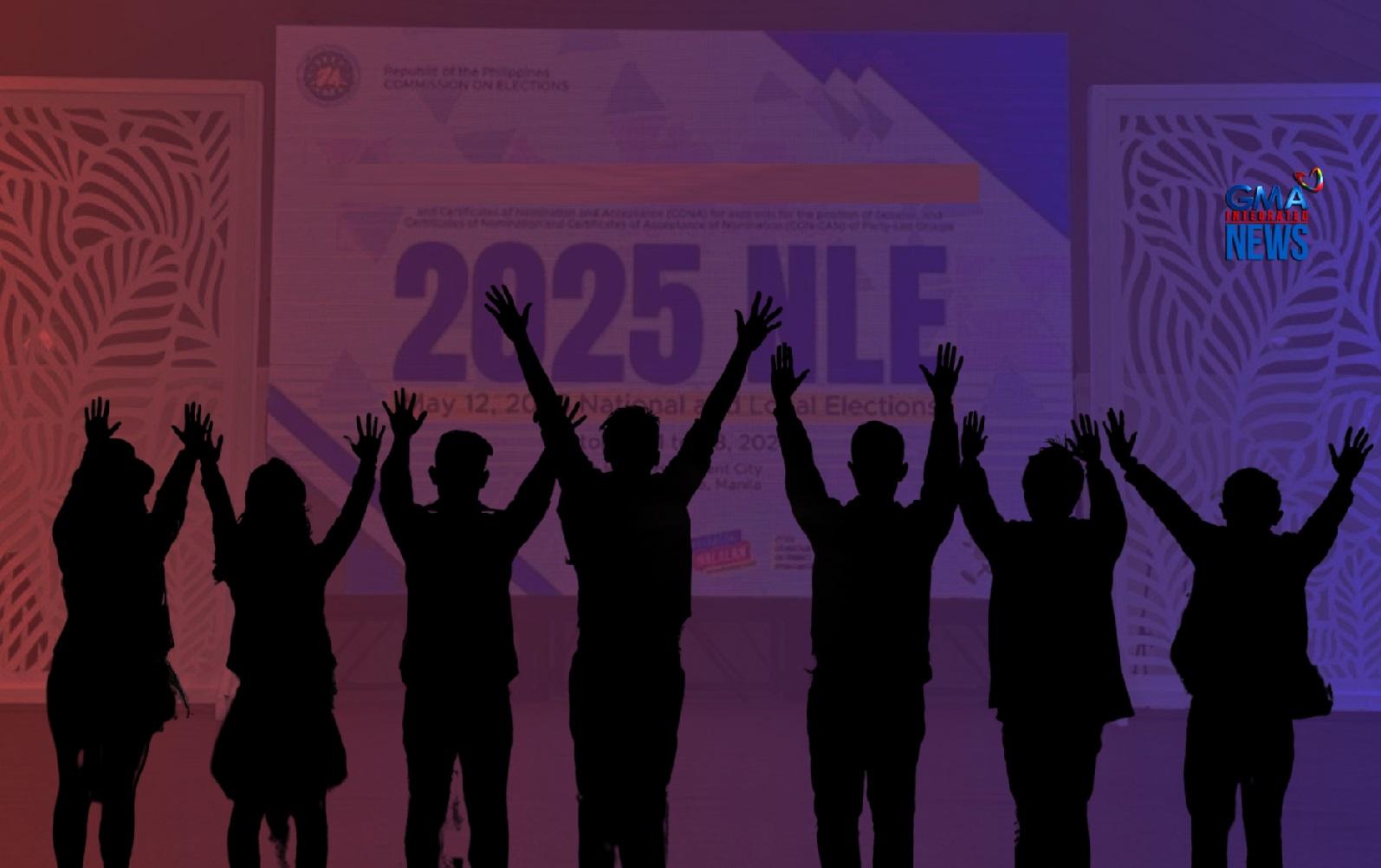Marcos to DOST: Find ways to provide more incentives for Pinoy scientists
President Ferdinand "Bongbong" Marcos Jr. on Friday called on the Department of Science and Technology (DOST) to provide more incentives for Filipino scientists to entice them to return to the country and share their skills and knowledge.
This as Marcos graced the 8th Annual Balik Scientist Convention held at the Philippine International Convention Center in Pasay City. Also in attendance was Department of Science and Technology Secretary Renato Solidum Jr.
"As we take advantage of the many opportunities available to us under what is becoming the new normal, it is important to highlight the critical role of the DOST—with the help of the participating Balik Scientists—to address the perennial issues in the country through research and development initiatives," Marcos said in his speech.
"You must continue to strengthen the implementation of the Balik Scientist Program and find ways to provide more incentives to encourage more Filipino scientists to come back to the country and share their expertise," he added.
"Ang Pilipino naman gusto niyang umuwi. Ang Pilipino hangga’t maaari – kung maaari ay nais nila na makapag-trabaho dito at makapiling ang kanilang pamilya, ang kanilang pinanggalingan. Ang hinihingi lang naman ng ating mga scientists ay mabigyan sila ng suporta, in terms of equipment, in terms of facilities, in terms of funding," he said.
(Filipinos always want to come home. As far as we are concerned, Filipinos want to work here and be with their families. Our scientists just want support from the government in terms of equipment, facilities, and funding.)
The Chief Executive is hoping that the DOST will sustain and augment the short-, medium-, and long-term benefits for the Balik Scientists and their families provided for under the law and beyond.
"These benefits do include allowances, education assistance for their minor children, participation in grants-in-aid projects, amongst many others. And perhaps we will take even more initiatives because in this technological world, once again, we look to our scientists, we look to science to solve our problems, to show us the way to the future," he said.
Further, Marcos urged the DOST to develop more initiatives that will inspire the youth to pursue scientific and technological courses.
Relating it to the COVID-19 pandemic, Marcos said the country has learned that "it is science that will provide for us the answers to the future and the accompanying problem of that is the discernment between what is science and what is rumor."
"That is a problem that we are all facing ourselves in public lives, you of course in the science community have a great deal to deal with in those terms," Marcos said.
"But nonetheless, I think we have come to learn better and better. We have learntthe lesson better and better, that we must look to science, we must look to raw data, we must look to actual results, we must look to the scientific method for the answers that we are searching for," he added.
Frustrated scientist
In his keynote speech, Marcos also disclosed that he was a frustrated scientist. He said his father, the late President Ferdinand Marcos Sr., had told him that there was no money in the field of science.
"All my scholastic career was spent in science and it was only towards the end that it was explained to me by my father that 'mahirap ‘yung science, hindi ka yayaman diyan (science is difficult, you will not get rich with that),'" he recalled.
"Boy, if he were alive now, I would like to introduce him -- I would like to introduce him to Elon Musk. I’d like to introduce him to Bezos. I’d like to introduce Microsoft, to Apple," he added.
The Balik Scientist Program of the Department of Science and Technology urges Filipino scientists, technologists, and experts to return to the country and share their expertise in order to promote scientific, agro-industrial, and economic development.
The said convention aims to provide updates on the recent technologies, research studies, and capacity building initiatives that revolve around the research areas of health, agriculture, aquatic, industry, and energy.
It will also provide an avenue in increasing the public’s awareness on how Balik Scientists have contributed to addressing national concerns, including the impacts of their engagement to the target users, the public, and the economy. — RSJ, GMA News









